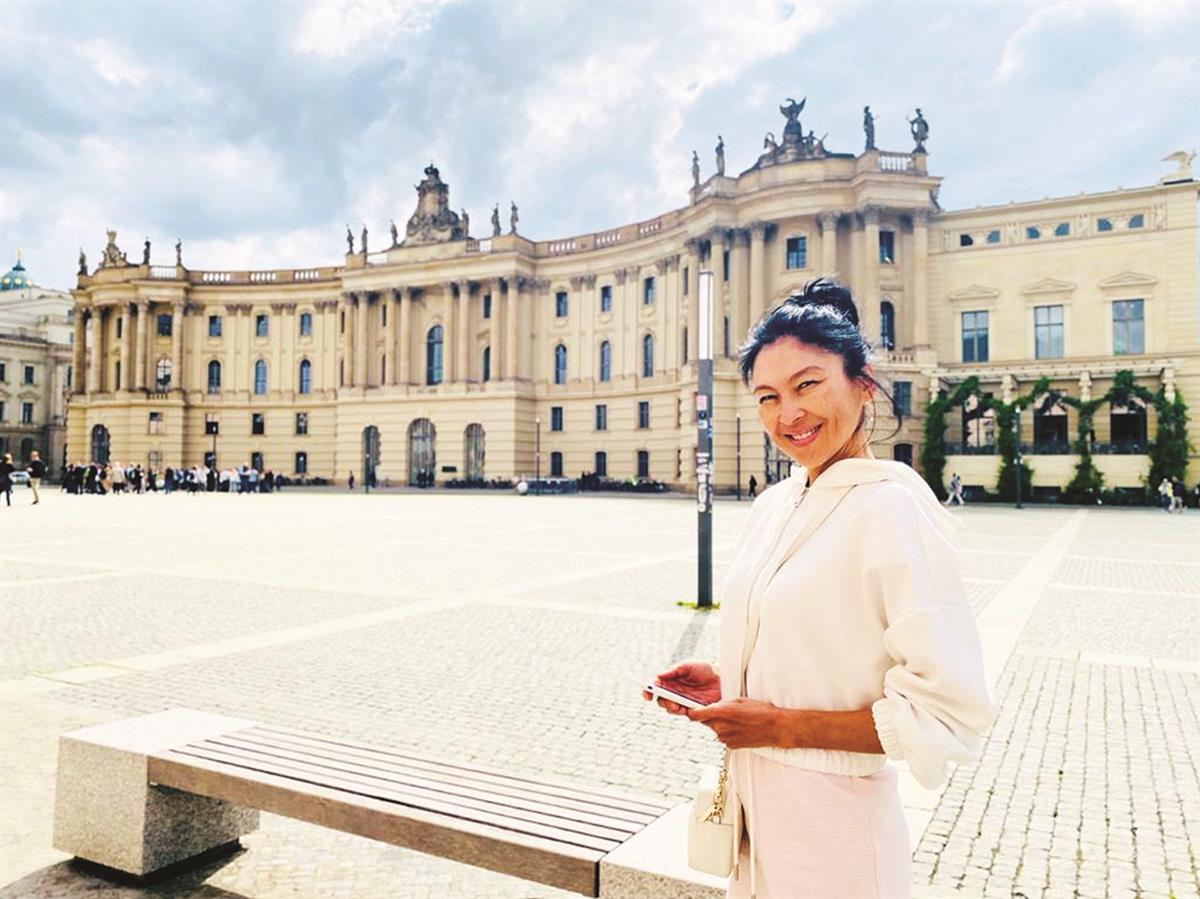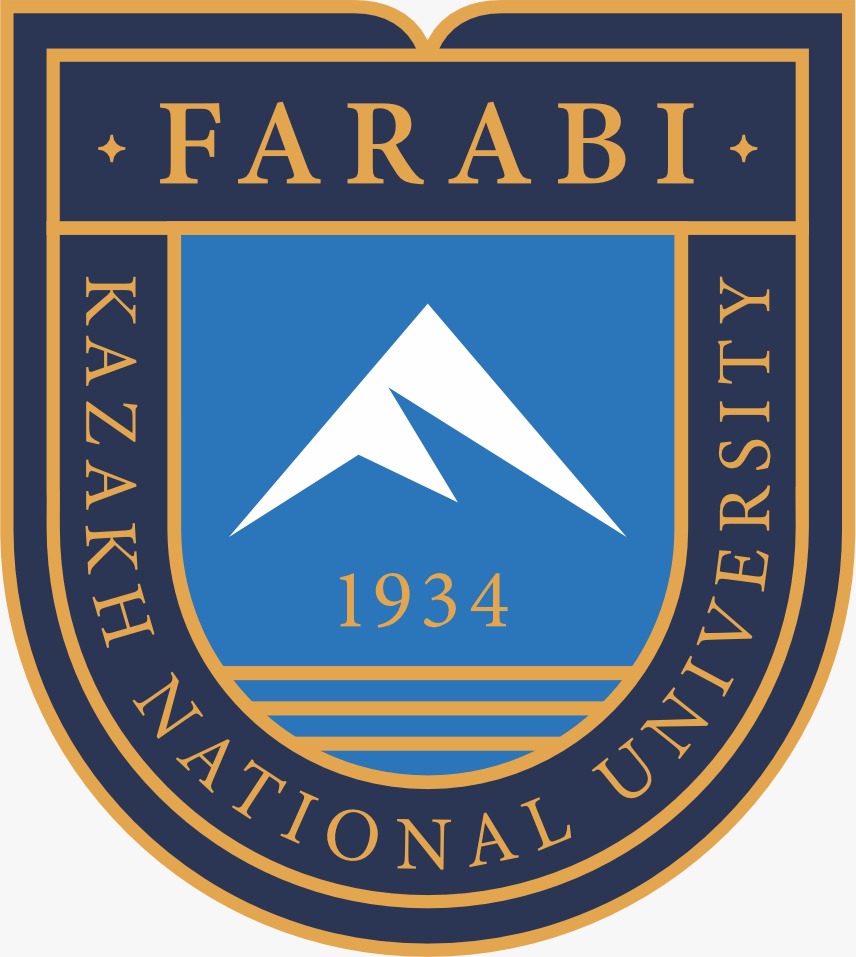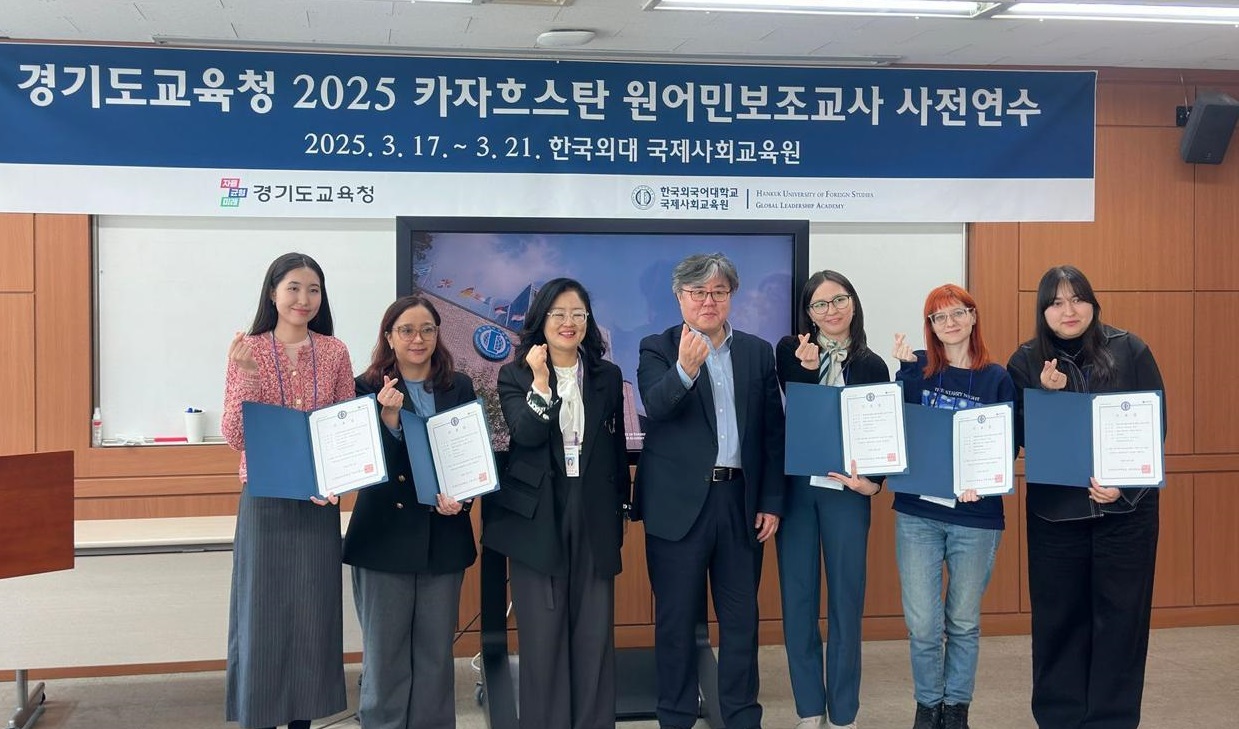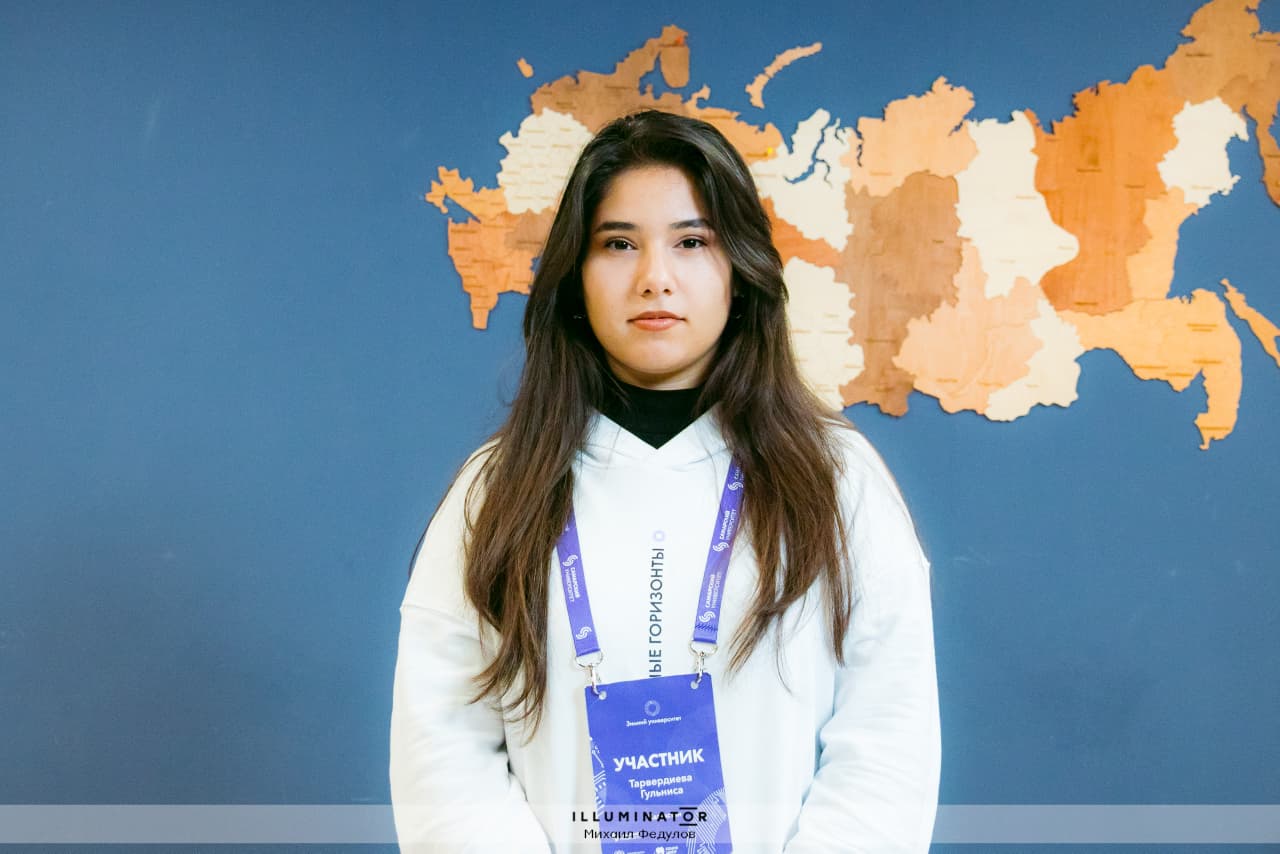
In 2021, I completed an internship at the Humboldt University of Berlin as part of the Bolashak program in the category "Scientists". My goal was to improve my professional competencies and gain experience in the field of machine learning (machine learning is an artificial intelligence method), since, as a specialist in optimization and optimal management, I have recently become interested in applying my knowledge and skills to develop artificial intelligence methods, and this direction in my country.
Machine learning is based on building a model that can be automatically trained on the provided data and subsequently make predictions based on this training. Building an adequate model is impossible without optimizing the selection of model parameters, otherwise the developed model will not really reflect the target process under consideration, therefore, it cannot be used for forecasting and effective recommendations. In a word, optimization is an integral tool in the creation of artificial intelligence, and understanding this fact caused me a deep interest in this new direction for me. Having studied the basics of machine learning (an online course at Stanford University), and having worked remotely for some time with Professor Andreas Griewank (Humboldt University), I received an invitation for cooperation from Professor Andreas.
At the Institute of Mathematics at Humboldt University, she worked directly with Professor Andrea Walter, who headed the optimization group. The group is based on young talented guys (someone was working on his PhD thesis, someone held a postdoc position, someone was already striving to get a professor), could approach any of them, they were all open to discussions. Many of them had projects related to the application of optimization to artificial intelligence methods. It should be noted the degree of independence, deep and systematic understanding of the field of research of PhD students, they still feel the effect of the main postulate of the university concept developed by Humboldt, which consists in the close connection of teaching and research work. According to this principle, teaching is based not on illustrative and explanatory, but exclusively on problem and research methods.
During my internship, I have been researching and analyzing single-layer classification models with different types of potentials. They have independent significance in some machine learning tasks and underlie complex architectures of deep neural networks. As a result of the research, an algorithm of sparse block calculations of the iterative method has been developed, which is numerically implemented on MNIST, Fashion-MNIST databases, widely used for training and testing in Machine Learning. Based on the completed work, the manuscript of the article was prepared for publication in a scientific journal. It is planned to generalize the proposed method for deep learning models based on simulating the work of the human brain in the process of data processing by artificial intelligence and creating recommendations used for decision-making.
For me, it was an invaluable experience of working with like-minded foreign people, which once again demonstrated that science has no national borders. I would like to thankfully emphasize the openness of German colleagues to cooperation, warm welcome and friendly attitude. Another of the fundamental principles of the Humboldt model of the university, which has been preserved to this day, is that academic freedom extends to the guests of the university. I was allocated a separate office, where I had access at any time of the day, as I was provided with a key that opens all doors, starting with the outermost door of the institute.
The staff of the Department of International Relations of the University accompanied me throughout my stay, providing support on any issue, whether it be questions to a lawyer, or regarding insurance, or medical care. Their recommendations and detailed instructions helped me a lot to get used to quickly and choose the most suitable and comfortable option for myself. Despite the fact that the initial period of my stay came at a time with strict restrictions due to the pandemic, all the time there were events of an introductory or entertaining nature, even when working online. I attended various trainings, seminars, met interesting people from different countries of the world, it was a good experience for both my professional and personal development. I made friends, fell in love with Germany, first of all because of the people, both first-hand, and because of those with whom I communicated closely - always responsive, proactive, honest, fair, combining both rigor and straightforwardness, and kindness, and sensitivity. For me, the word "German" has always been associated with quality, now I know and am very touched by the fact that human values are a priority for them. And, of course, I am very grateful to the excellent Bolashak program for this opportunity, I believe that this experience and future plans will contribute to the good of the country.
Asem KABIDOLDANOVA,
Candidate of Physical and Mathematical Sciences


